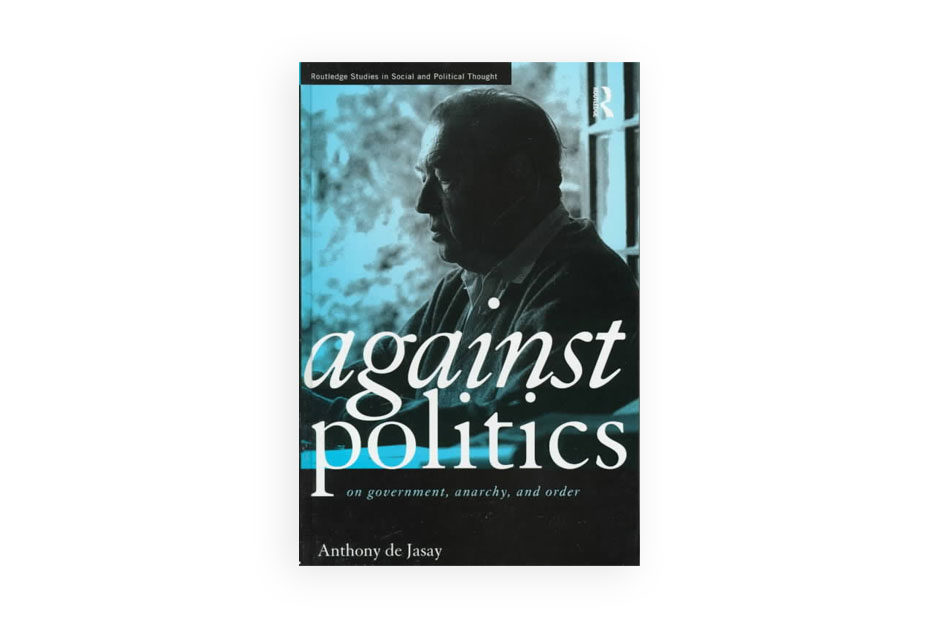Radical scholar Jasay mounts a refreshing moral challenge to the legitimacy of the state. His book abounds with zingers.
A Hungarian-born philosopher who became a British citizen and now lives in France, Jasay describes the state as nothing more uplifting than “an enforcing mechanism to enable a winning coalition to exploit the residual losing coalition without resource to violence.” He adds that “the delusions of necessity and convenience are of course an aid to the efficiency of the process.”
From an ethical perspective, he skillfully picks apart statist doctrines allegedly based on “fairness,” “reasonableness” “solidarity,” “equality of opportunity,” “good government,” “democracy” and other buzz words.
He notes that when political decisions aren`t reached unanimously, they always redistribute something against the will of dissenters. He notes the impossibility of preventing a majority from abusing its power.
He explains there isn`t anything moral about constitutions since they`re a product of collective decision-making. He goes on to tell how constitutions make it too easy to use coercion. He takes issue with “piecemeal social engineering” accepted by Karl Popper and other classical liberalish thinkers.
Then Jasay goes after the idea that if the state is morally dubious, at least it`s a necessary evil. He explains why he believes large groups of people don`t need a central enforcer. He points out that social virtues develop independently of government, and it tends to corrupt rather than improve people. He maintains that where people live without a powerful state, you find secure private property, and the need to gain the services of others secures contract compliance. Jasay writes that the state is “probably redundant as an instrument of social organization.”
It`s encouraging to find a book which focuses not on abuses of power, which almost everybody condemns, but on political power itself. He carries on in the noble tradition of Benjamin Tucker, Albert Jay Nock, and Murray Rothbard.

